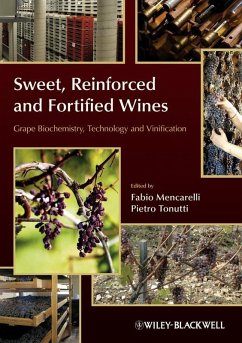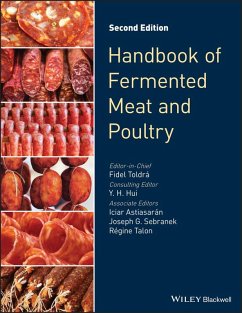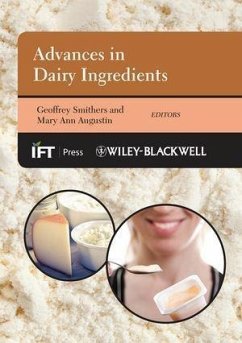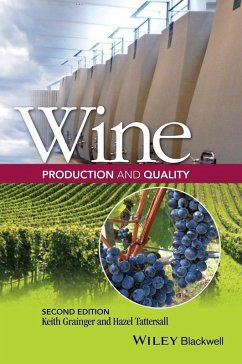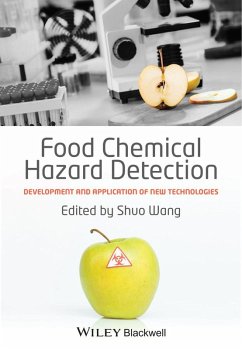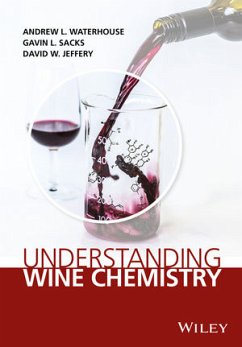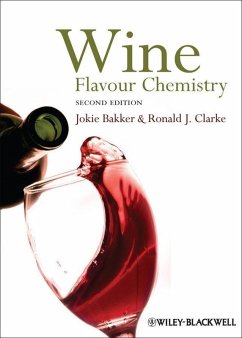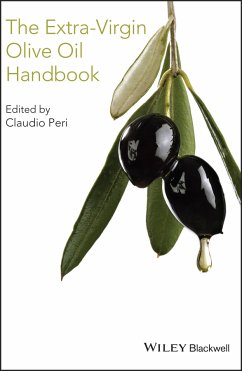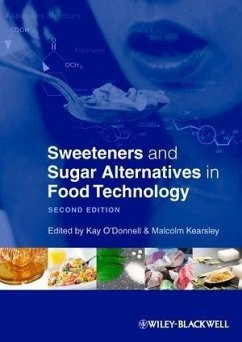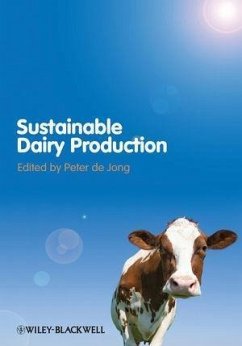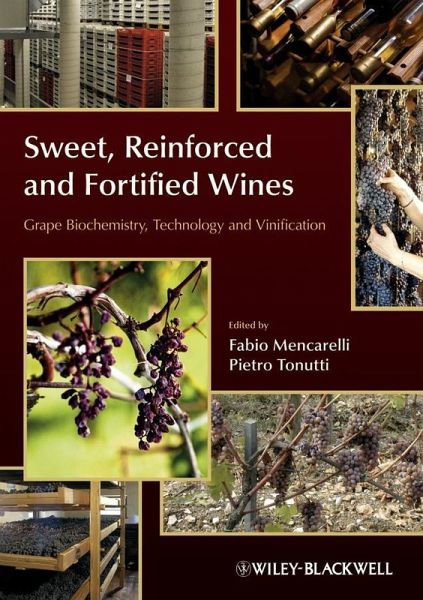
Sweet, Reinforced and Fortified Wines (eBook, ePUB)
Grape Biochemistry, Technology and Vinification
Versandkostenfrei!
Sofort per Download lieferbar
166,99 €
inkl. MwSt.
Weitere Ausgaben:

PAYBACK Punkte
0 °P sammeln!
Wines from Grape Dehydration is the first of its kind in the field of grape dehydration - the controlled drying process which produces a special group of wines. These types of wine are the most ancient, made in the Mediterranean basin, and are even described in Herodotus. Until few years ago, it was thought that these wines - such as Pedro Ximenez, Tokai, Passito, and Vin Santo - were the result of simple grape drying, because the grapes were left in the sun, or inside greenhouses that had no controls over temperature, relative humidity or ventilation. But Amarone wine, one of the most prized ...
Wines from Grape Dehydration is the first of its kind in the field of grape dehydration - the controlled drying process which produces a special group of wines. These types of wine are the most ancient, made in the Mediterranean basin, and are even described in Herodotus. Until few years ago, it was thought that these wines - such as Pedro Ximenez, Tokai, Passito, and Vin Santo - were the result of simple grape drying, because the grapes were left in the sun, or inside greenhouses that had no controls over temperature, relative humidity or ventilation. But Amarone wine, one of the most prized wines in the world, is the first wine in which the drying is a controlled process. This controlled process - grape dehydration - changes the grape at the biochemical level, and involves specialist vine management, postharvest technology and production processes, which are different from the typical wine-making procedure. After a history of grape dehydration, the book is then divided into two sections; scientific and technical. The scientific section approaches the subjects of vineyard management and dehydration technology and how they affect the biochemistry and the quality compounds of grape; as well as vinification practices to preserve primary volatiles compounds and colour of grape. The technical section is devoted to four main classes of wine: Amarone, Passito, Pedro Ximenez, and Tokai. The book then covers sweet wines not made by grape dehydration, and the analytical/sensorial characteristics of the wines. A concluding final chapter addresses the market for these special wines. This book is intended for wineries and wine makers, wine operators, postharvest specialists, vineyard managers/growers, enology/wine students, agriculture/viticulture faculties and course leaders and food processing scientists
Dieser Download kann aus rechtlichen Gründen nur mit Rechnungsadresse in D ausgeliefert werden.



